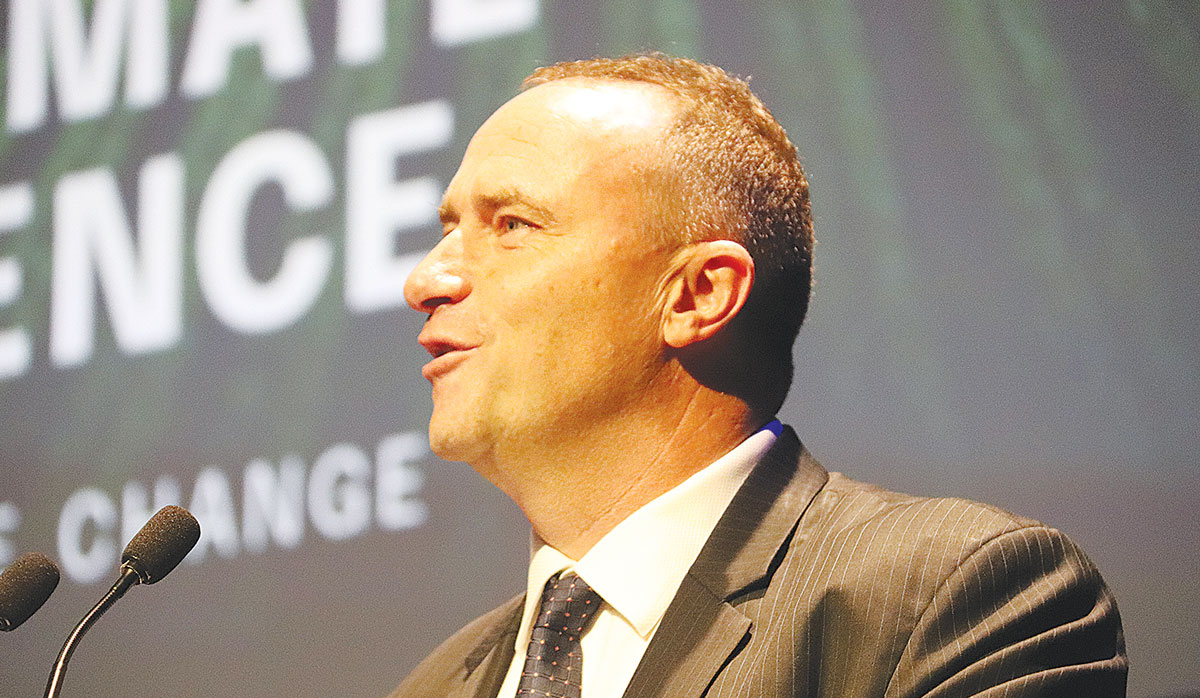Upper North Island Storms: Limited impact on dairy farms
For the most part, dairy farmers in the Waikato, Bay of Plenty, Tairawhiti and the Manawatu appear to have not been too badly affected by recent storms across the upper North Island.
Nationwide agricultural consultancy firm AgFirst has taken the initiative early on to have plans in place and tools available to help farmers prepare for drought.
Chief executive James Allen says forewarned is forearmed and he and his staff have been discussing ways to plan for what might happen. He says they are preparing regional models because they know that one solution will not fit all farmers.
Allan says for some, growing crops will be an option but for others collecting grass silage is the answer.
"Different farms have different systems, the climates are different and there are huge numbers of variables on farms even within the same region," he explains.
"We realise that having just come through some terrible rain events, probably the last thing that farmers want to do is think about drought, but the science is telling us to be prepared."
Allen says ideally every farmer should have a feed plan or FARMAX plan, so they know exactly what their feed situation is - to help the decision-making process.
He adds that AgFirst is working with the other primary sector organisations to get a flow of clear and consistent messages out to farmers to avoid confusion and duplication of effort.
A key player in the drought situation is MPI with its links to government when help is needed.
John Roche heads up MPI's On Farm Support team, which has staff in most regions around the country.
 |
|---|
|
John Roche, MPI On Farm Support |
Roche has been in contact with all the other groups involved - including NIWA, B+LNZ, DairyNZ and AgFirst - to make sure they don't duplicate the efforts of these organisations. He says his staff are also reaching out to farmers to assess their needs.
Roche says On Farm Support will play a 'coordinating' role to help ensure there is consistent messaging to farmers. MPI has already worked closely with NIWA and is updating its resource information that will be available to farmers.
"In the past, we have stepped in and advised farmers when they are in the middle of a drought, this time round we want to proactively manage the situation before it gets dry," he says.
Roche adds that MPI will be closely monitoring the situation as it evolves and will put extra staff into regions which need the most help.
The Meat Industry Association of New Zealand (MIA) today announced that Chief Executive Officer Sirma Karapeeva has resigned from the role.
The winners of the 2026 Hawke’s Bay/Wairarapa Dairy Industry Awards were announced at the annual awards dinner held at Copthorne Solway Park in Masterton on Thursday evening.
Environment Southland is welcoming this week’s decision by the Environmental Protection Authority (EPA) to approve the release of Blaptea elguetai, a leaf‑feeding beetle that will help control the highly invasive Chilean flame creeper.
This March, the potato industry is proudly celebrating International Women’s Day on 8 March alongside the International Year of the Woman Farmer, recognising the vital role women play across every part of the sector — from paddocks and packhouses to research, leadership, and innovation.
Fruit trader Seeka posted a record profit and returns to shareholders in 2025.
Recent weather events in the Bay of Plenty, Gisborne/Tairawhiti, and Canterbury have been declared a medium-scale adverse event.

OPINION: A mate of yours truly reckons rural Manawatu families are the latest to suffer under what he calls the…
OPINION: If old Winston Peters thinks building trade relations with new nations, such as India, isn't a necessary investment in…